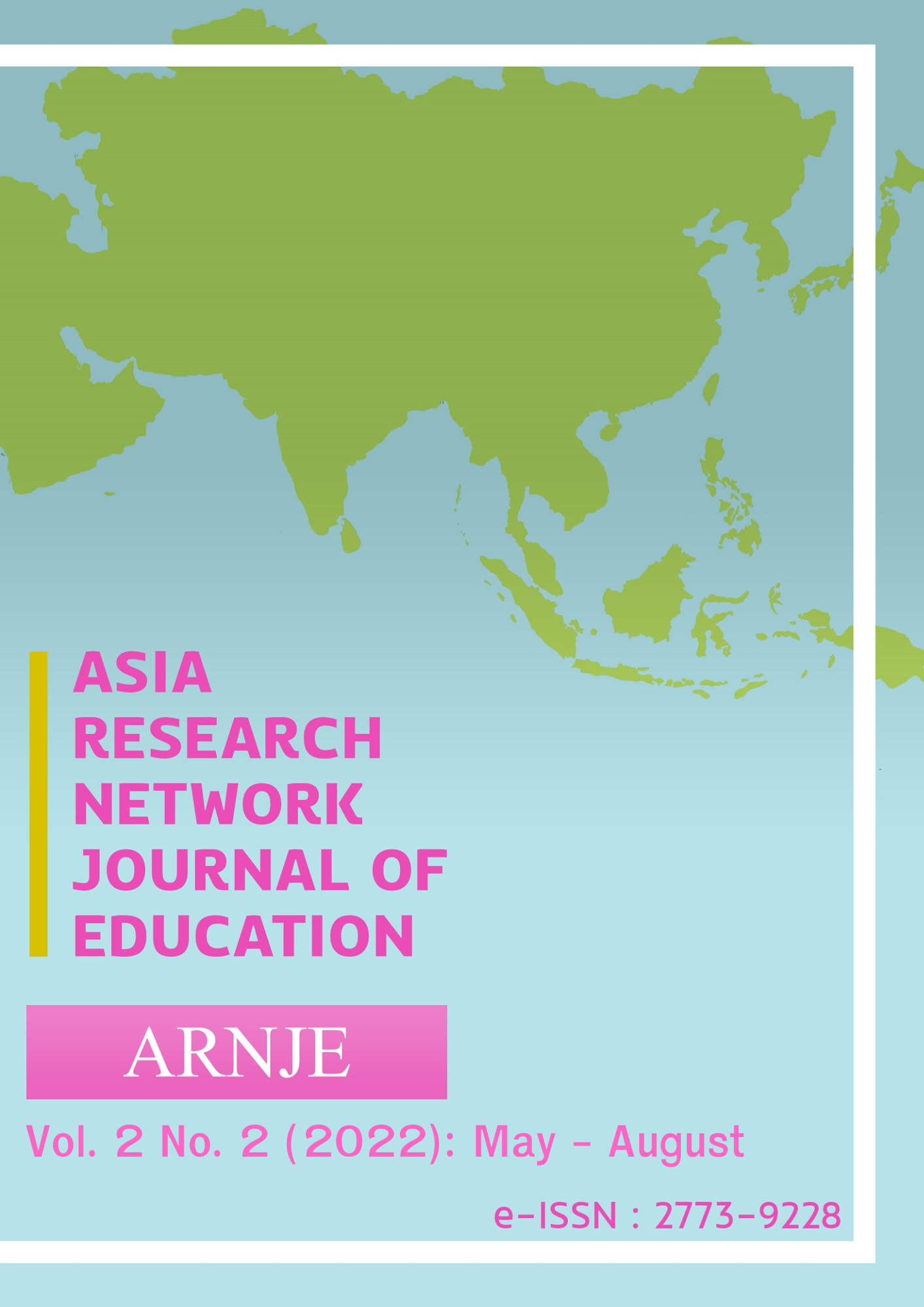STEAM Educators Embracing the Arts to Develop Students’ Capabilities for Resolving Global Sustainability Crises
Main Article Content
Abstract
We are currently experiencing an era – the Anthropocene – that is unprecedented in the history of our planet. Our addiction to fossil fuels and powerful technologies has dangerously altered the Earth’s natural systems, giving rise to the well-documented global crises of climate change, plastic pollution of the oceans, and tragic loss of biocultural diversity. These crises have created a unique challenge for STEM educators, given that STEM disciplinary knowledge and skills are often viewed as the key to solving the world’s economic and environmental problems. This popular view tends to focus narrowly, however, on students learning objectively about the world out there. Such a restrictive view largely ignores the crucial role education can and should (ethically) play in developing students’ attitudes and values - their inner worlds - that fuel their moral agency for living and working in sustainable ways. Across the world transformative STEM educators are embracing Arts-based methods to prepare young people with special capabilities and values for actively contributing to the sustainable development of a world in crisis. Examples of these innovative approaches are featured in Transformative STEAM Education For Sustainable Development (Taylor & Taylor, 2022).
Article Details

This work is licensed under a Creative Commons Attribution-NonCommercial-NoDerivatives 4.0 International License.
Copyright: CC BY-NC-ND 4.0
References
Australian Curriculum Assessment and Reporting Authority. 2010. The shape of the Australian curriculum: Version 2.0. http://docs.acara.edu.au/resources/Shape_of_the_Australian_Curriculum.pdf
Australian Curriculum, Assessment and Reporting Authority (ACARA). (n.d.). General capabilities. https://www.australiancurriculum.edu.au/f-10-curriculum/general-capabilities/
Boy, G. A. 2013. From STEM to STEAM: Toward a human-centred education. Paper presented at the European Conference on Cognitive Ergonomics, 26-28 August 2013, Toulouse, France.
Bucheli, M. R. J., Goldberg, M. R., & Philips, A. 1991. Symposium: Arts as education. Harvard Educational Review 61(3): 25-26. http://hepg.org/her-home/issues/harvard-educational-review-volume-83-number-1/herarticle/expanding-our-vision-for-the-arts-in-education_121
Bulletin of Atomic Scientists. 2022. Doomsday clock. https://thebulletin.org/doomsday-clock/
Crutzen, P. J. & Stoermer, E. 2000. The Anthropocene. Global Change Newsletter, 41: 17-18.
Eisner, E. 2008. Art and knowledge. In J. G. Knowles & A. L. Cole (eds.), Handbook of the arts in qualitative research: 3-12. Sage.
Hazelkorn, E. & Gibson, A. 2017. Public goods and public policy: What is the public good, and who and what decides. Centre for Global Higher Education, UCL Institute of Education, London.
Intergovernmental Panel on Climate Change (IPCC). 2021. Climate change 2021: The physical science basis. https://www.ipcc.ch/report/ar6/wg1/downloads/report/IPCC_AR6_WGI_SPM_final.pdf
Manea, T., & Williams, R. 2022. What’s a methematics teacher doing in an English classroom? A window on the environment. In E. (L.) Taylor & P. C. Taylor (eds.). Transformative STEAM education for sustainable development. Brill. https://brill.com/view/title/63388
Maneelam, P, & Yuenyong, C. 2022. Humanising educare for 21st century Thai students: Ethical dilemmas of plastics. In E. (L.) Taylor & P. C. Taylor (eds.). Transformative STEAM education for sustainable development. Brill. https://brill.com/view/title/63388
National Research Council. 2011. America's climate choices. National Academies Press. https://nap.nationalacademies.org/catalog/12781/americas-climate-choices
Ocean Park. 2019. The first international STEAM education conference 2019. https://oceanparkhongkong.ievent.hk/event/p/37814
OECD. 2022. Global plastics outlook: Policy scenarios to 2060. http://oecd.org/environment/plastics
Piro, J. 2010. Going from STEM to STEAM: The Arts have a role in America's future too. Education Week, 29(24): 28-29.


